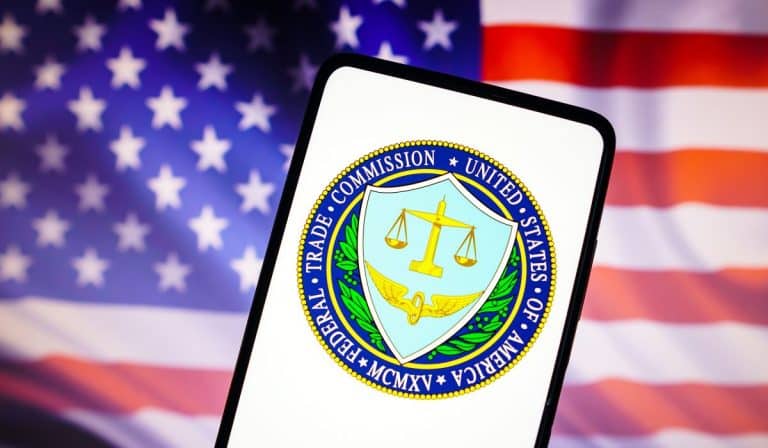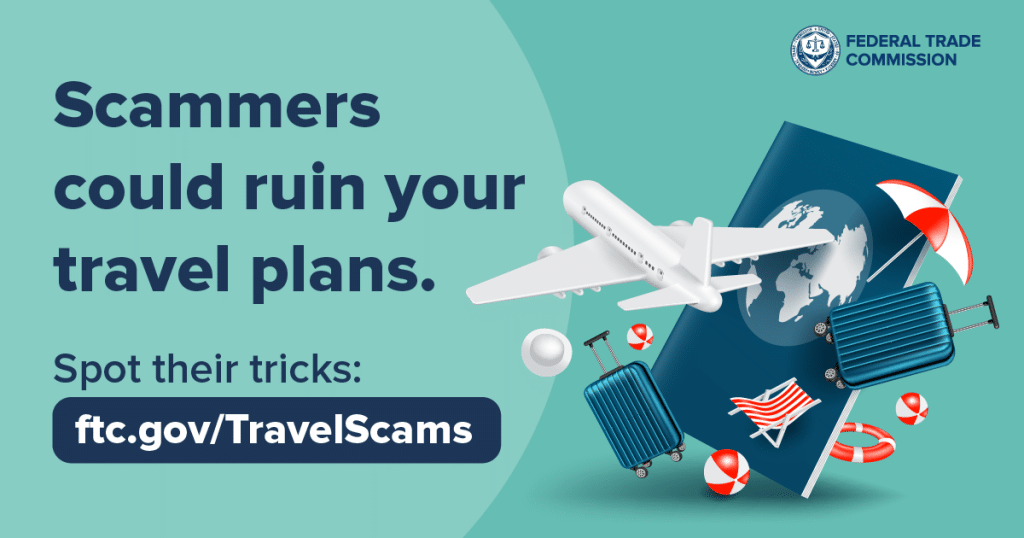Spring break is fast approaching and while you are scrambling to find the perfect getaway, scammers are also out there to dupe you. As such, the Federal Trade Commission (FTC) is warning travelers to be wary during this very popular travel season.
The alert sent by the FTC this week cautioned travelers to be aware of the rise of scams during this season and to be careful about dreams that may seem too perfect. These could be anything from ‘free vacations’ to a historically ‘low price’ for a five-star vacation without providing detailed information about the package/itinerary.
Aware of the spike in travel during this travel period, scammers are prime to take advantage of you while traveling by stealing, overcharging or worse.
As such, it is imperative that when you are booking your trip you do your due diligence to ensure the safety and security of yourself and possessions. Instead of having a dream Spring vacation turn into a nightmare, make sure to be diligent to avoid scams online and in person.
Do your research and make sure to get copies of cancellation and return policies as well as read through reviews online. And when it comes to payment for services, try to avoid wire transfers, gift cards, or cryptocurrency.
Read: Full TFC advisory on how to avoid scams when you travel
U.S. Government Also Issued Warning for Spring Break Travel in Mexico
Along with these few scams to be wary of, the U.S. government is warning about safe Spring Break Travel in Mexico. In a message to U.S. citizens posted on February 26, the government advised travelers to travel smart and consider the following: crime, drugs, unregulated alcohol, pharmaceuticals, sexual assault, medical emergencies, guns, arrests, and immigration.
The message adds that travelers should stay up-to-date on the Mexico Travel Advisory and “enroll in the State Department’s Smart Traveler Enrollment Program to receive up-to-date information” on safety conditions.
3 Most Common Travel Scams To Be Aware Of When Traveling
Transportation ‘bump and grabs’ – whether you are at a train, bus or metro station, tourists can easily be distracted by the beehive of commotion around them and be overwhelmed by their surroundings. Some try to take advantage of this and bump into you when you are not distracted and pick your pocket.
Taxi scams – be wary of drivers who claim that their meter is broken and tell you to pay them in cash. Make sure to firstly only ride in authorized licensed cabs and also be wary of distances between locations, ask locals or your hotel for a rough timeline so you don’t get overcharged.
Fake police officers – before being asked for your passport or other forms of identification, request that they show you their identification to confirm their position.


